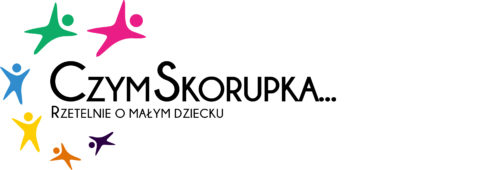The BECERID project is an Erasmus+ KA2 project, granted by the European Union from 31-12-2017 until 31-08-2020.
Good quality Early Childhood Education and Care (henceforth ECEC) has a beneficial influence on children’s later school career, especially when they have disadvantaged backgrounds. But the instruction quality in European ECEC settings is low, and vulnerable in settings with many disadvantaged children. Furthermore, teachers struggle to value diversity, and often do not develop children’s competences to cope with diversity. Although there is a growing research base on what works to improve these issues, those research insights are not yet adopted in practice on a large scale. This gap between research and practice is hard to bridge because traditionally teacher educators do not have a strong interest in research and ECEC teachers are not often targeted by initiatives to promote research-inspired education.
This project will tackle these obstacles by launching a blog in each partner country as an open learning platform maintained by teacher educators and researchers for ECEC teachers and other teacher educators to increase their knowledge of research-based insights, their awareness of social inclusion, and their positive attitude towards research and innovation. Bloggers will be teacher educators and researchers, who will strengthen their pivotal role between research and practice. They will make scientific research accessible and attractive to ECEC teachers, reflect on current practices and innovations, and stimulate ECEC teachers to contribute to the blog and adopt an inquisitive and innovative attitude in their own classroom practice. Central topics will be ECEC for disadvantaged children, instruction quality, valuing diversity, and teaching children competences to deal with diversity.
Prior experience with a similar popular blog in Flanders revealed its strong potential to create an open learning community in the field of ECEC. Blog messages are shared on social media, and discussed in Facebook groups with ECEC teachers.
Apart from these national blogs, we will set up a European blog in English with the same scope, and a slightly different target group (teacher educators, researchers, policy makers and teachers with a good command of English). National blogs will deliver blog messages for this European blog, and translate blog messages from the European blog into the national language to increase the visibility of ongoing research and innovation in the European context. This European blog will be helpful to reach the field of ECEC in other European countries, and to serve as an inspiring example for other levels of education.
The quality of these blogs will be monitored with the help of guidebooks with quality guidelines, and improved by means of PDCA-cycles including focus groups, data analysis, an online questionnaire and professionalization of the bloggers. Since the guidebooks provide a framework for quality management, give insight into the set-up and maintenance of a blog, describe the decision structure of each blog and the needs and the benefits for the different types of stakeholders, they help establish and maintain high quality blogs until after the end of the project. Furthermore, these guidebooks help European organizations from other European countries to establish a similar blog platform.
We expect 220.000 visitors of the blogs altogether, including ECEC teachers, teacher educators, researchers and policy makers. Their active participation will be stimulated by interactive features on the blogs, and by inviting them to dissemination events. Each country will organize one blog event to stimulate the learning community to share knowledge and reflect. The project will finish with a European blog event to inspire other countries or other levels of education to set up similar blogs.
This project will (1) strengthen ECEC teachers’ and teacher educators’ research-based insights in the central topics of the project, (2) increase awareness of social inclusion, (3) increase a positive attitude towards research and innovation, and (4) strengthen the open learning community of ECEC teacher educators, teachers, researchers and policy makers. In the end, this will lead to innovations in ECEC settings and professionalization initiatives that will infuse insights from research and innovation in other European countries concerning our central topics. We expect the European blog to be an effective tool to spread research-based insights at an international level, and increase international awareness of European expertise in the field of ECEC.

